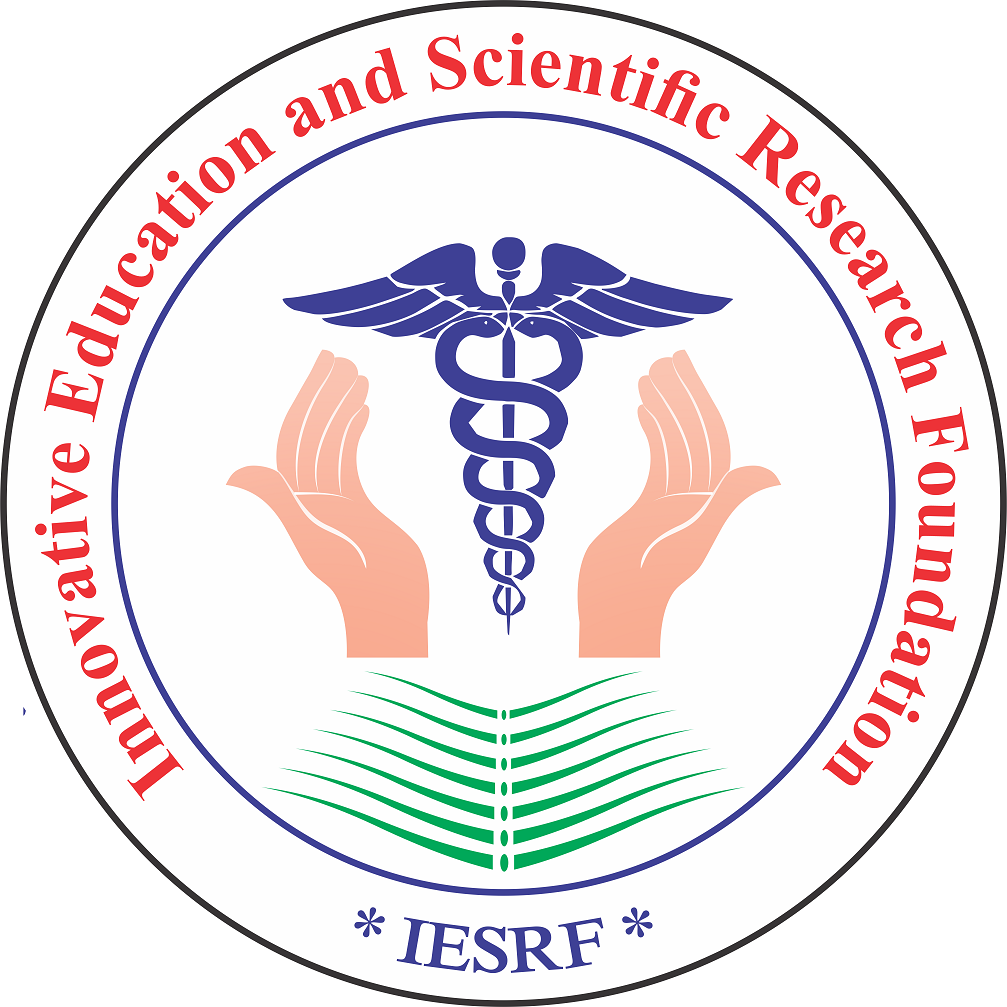Ahead of Print
Knowledge gaps in reproductive health- A Cross-sectional study of fertility awareness among medical residents
Authors: Divyabharathi Muthulingam, Khanishk Siva, Yashwanthini Priyankaa, Karthiga Prabhu, Vidhyalakshmi Ramadoss Kabilan, Anuradha Murugesan
DOI: 10.18231/j.ijogr.11774.1795845678
Keywords: fertility awareness, age-related fertility, Infertility, Knowledge, Residency education
Abstract: Background: Medical residents in postgraduate training often have limited knowledge about fertility, and research indicates that about 50% of medical students and residents overestimate chances of achieving natural conception. Additionally, many medical residents’ career paths lead to postponed family planning, increasing reliance on fertility preservation methods. This highlights the poor knowledge among medical residents to provide adequate counselling on fertility issues. Objective: The present study aimed to assess their knowledge of natural fertility and the effects of age on fertility decline. Methods: This cross-sectional survey included 136 medical residents from accredited residency programs across various training levels, including junior, senior, and postgraduate trainees. The survey research tools comprise a baseline demographic profile sheet, the Fertility and Infertility Treatment Knowledge Score (FIT-KS), and other documents containing study details and consent. The correct response to the 29 items in FITS-KS were quantified in terms of means,standard deviations, frequencies, and percentages z-test chi-square were used for statistical inference. Results: mean FITS-KS score showed no significant variation by age and years of residency but showed gender differences, with female residents showing a higher average FITS-KS score (18.50 ± 2.42) compared to males (17.63 ± 2.38), suggesting greater knowledge regarding fertility among females. The median Total FIT-KS score was 18, with a range from 16 to 20. The median score for questions about natural fertility was 13, while the median score for infertility treatment was 4. Overall, the FIT-KS and natural fertility median scores for OB-GYN residents were higher than those for residents in other specialties. Conclusion: This study highlights significant gaps in fertility knowledge among medical residents, with OB/GYN residents displaying better awareness in areas such as peak fertility age and age-related decline. However, universal deficits exist across specialties, findings indicate the urgent need for comprehensive fertility education in residency programs to improve patient care and reproductive health outcomes
